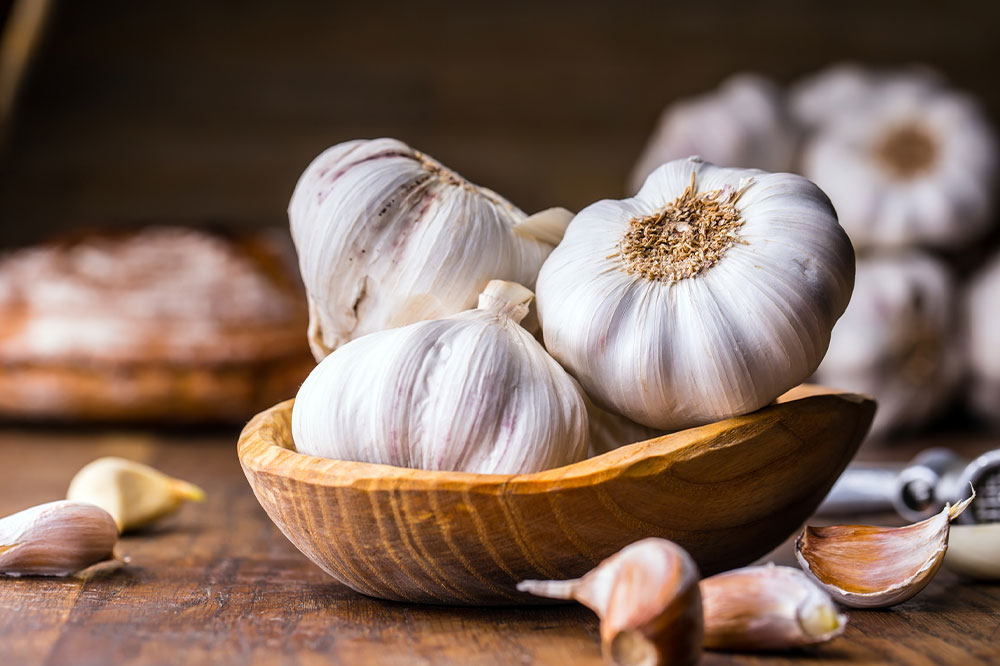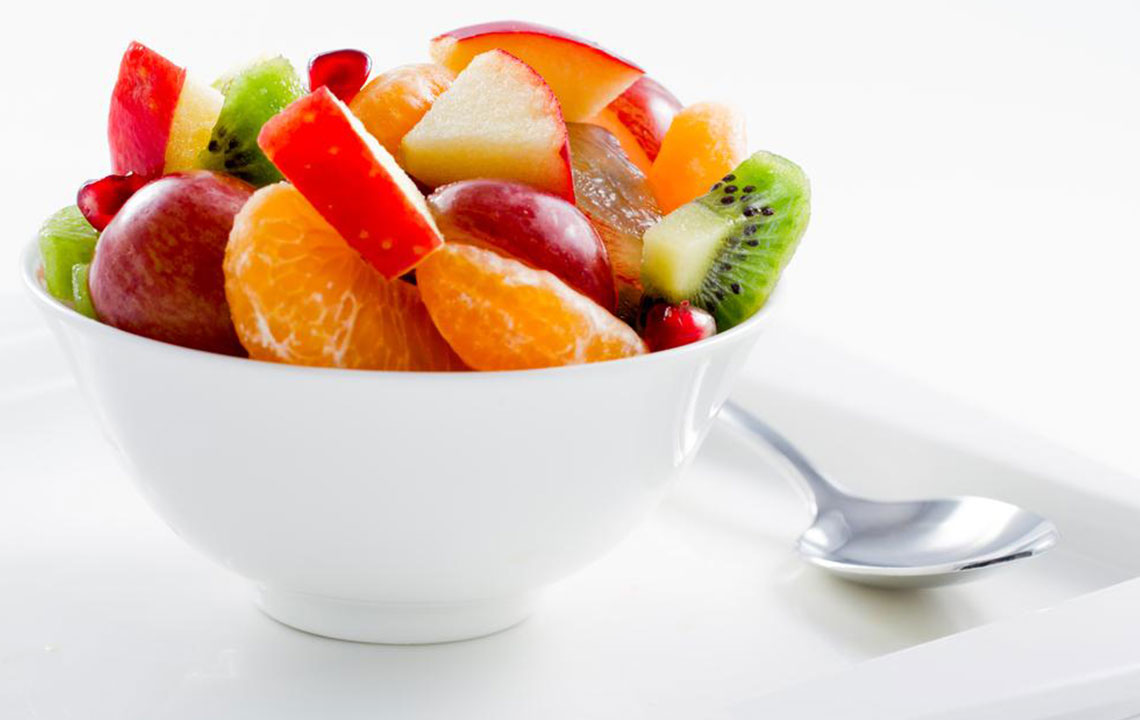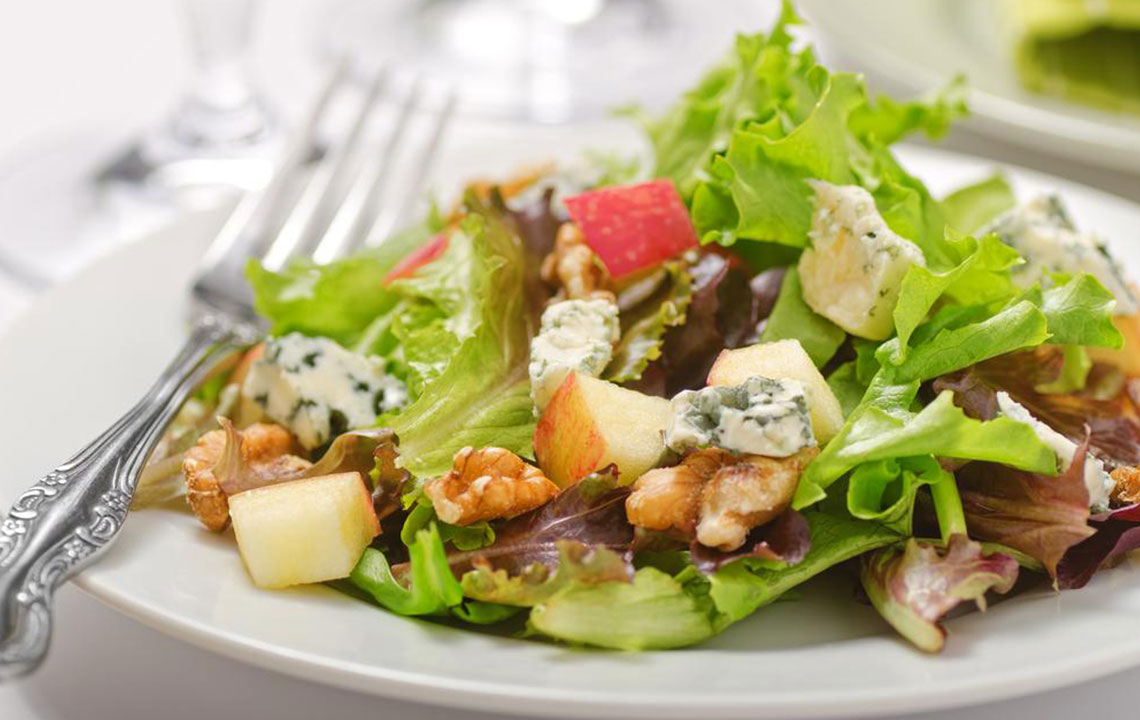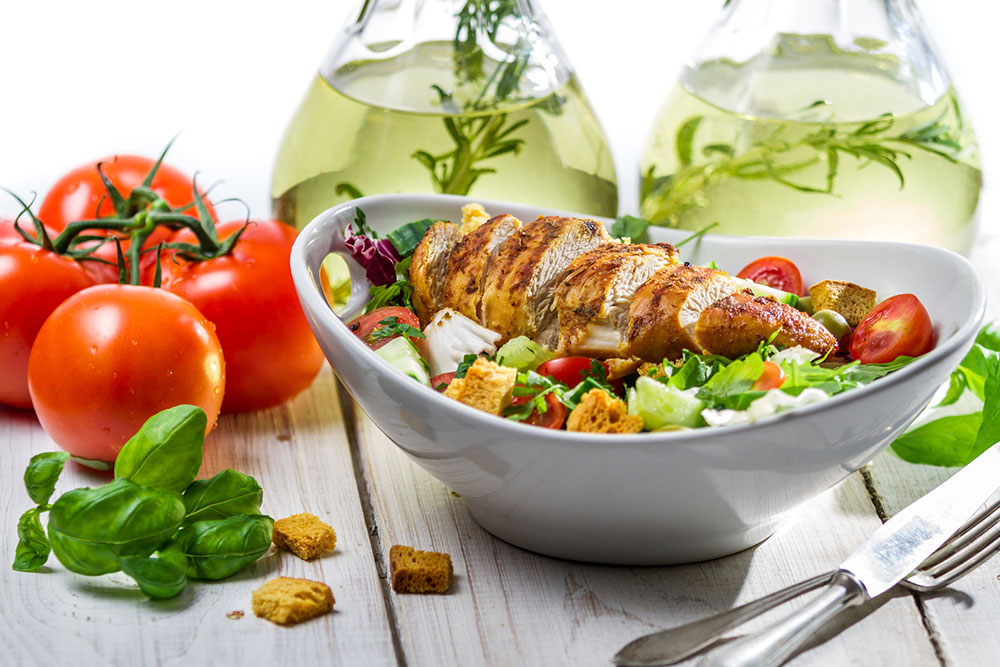Dietary Restrictions for Managing Lupus: Foods to Stay Away From
This article explores dietary restrictions for lupus patients, highlighting foods like alfalfa sprouts, garlic, saturated fats, and echinacea to avoid. Managing diet can help reduce symptom severity and improve quality of life for those with lupus. Always seek medical advice for personalized treatment plans.
Sponsored

Lupus is a complex autoimmune disorder where the immune system attacks healthy body tissues. Symptoms vary widely and may include fatigue, fever, skin rashes, and joint discomfort, often leading to misdiagnosis. Lifestyle and diet significantly influence symptom management. Here are key foods lupus patients should avoid to help control flare-ups.
Alfalfa Sprouts
Alfalfa sprouts contain L-canavanine, which can trigger inflammation and worsen symptoms in autoimmune conditions like lupus. It’s best to steer clear of alfalfa in any form, including as a garnish or ingredient.
Garlic
While garlic boosts the immune response, this effect can be problematic for lupus patients, potentially exacerbating symptoms due to immune overactivation. Moderate intake is acceptable, but excessive consumption should be avoided.
Saturated and Trans Fats
Foods rich in saturated and trans fats, such as fried foods, red meats, full-fat dairy, and baked goods, can elevate the risk of heart issues and inflammation, especially for those with lupus, who are already vulnerable to cardiovascular problems.
Echinacea
Echinacea is known to enhance immune function but might not be suitable for individuals with an already overactive immune system. Since it is often found in supplements, lupus patients should consult their healthcare provider before use to prevent adverse effects.
Managing lupus involves not just dietary changes but also medical treatments like topical therapies, medications, and sun protection measures. Consult your doctor for personalized management strategies.






